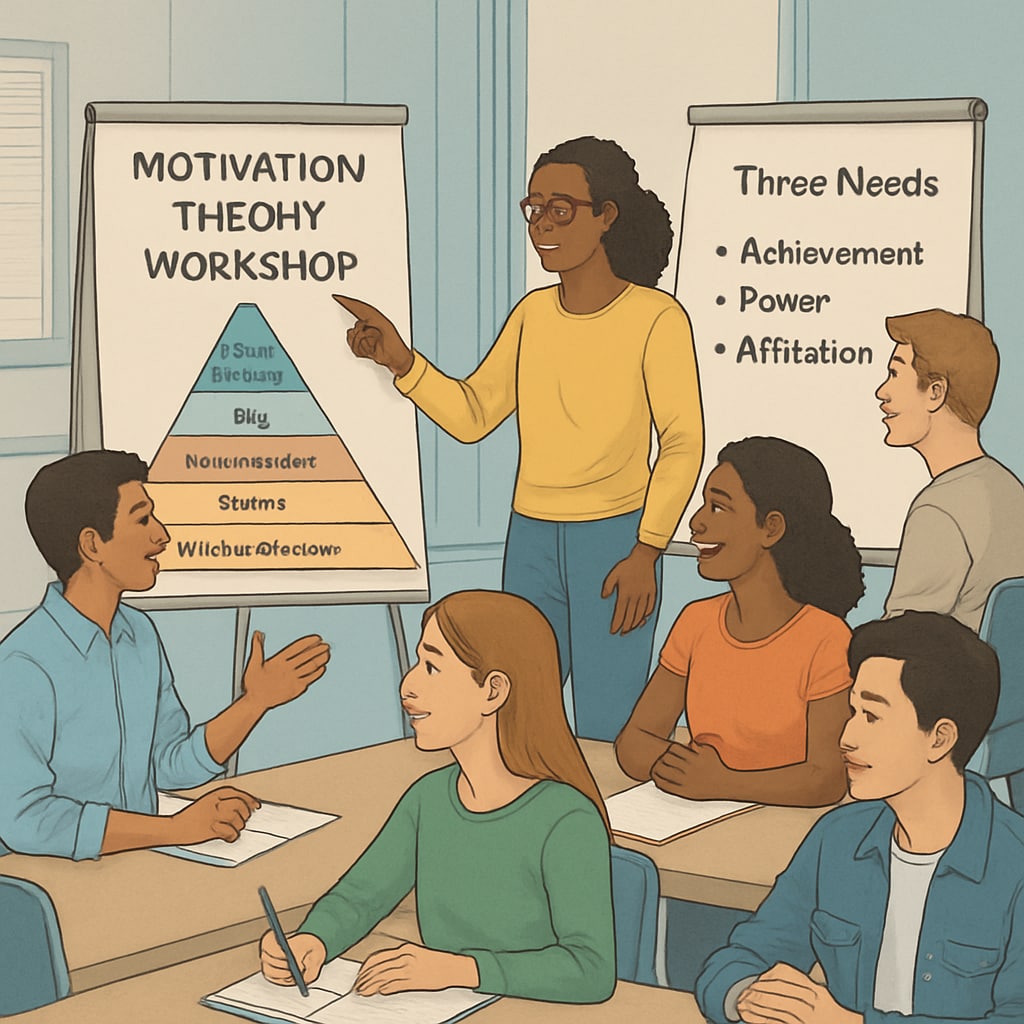Motivation theory, learning fatigue, and post-course reflection form an interconnected triad that shapes modern educational experiences. When formal instruction concludes, learners often face unexpected challenges – from diminished accountability to the absence of structured intellectual exchange.

The Paradox of Post-Course Motivation
Educational psychologists identify a curious phenomenon: students who thrived in structured learning environments frequently struggle with self-directed study after courses end. According to self-determination theory, this stems from disrupted autonomy-competence-relatedness balance. The classroom provided:
- Clear goals (competence)
- Peer interaction (relatedness)
- Structured choices (autonomy)
Without these supports, even highly motivated learners can experience what researchers call “pedagogical withdrawal.”
Learning Fatigue and the Value of Community
Fatigue often intensifies when solitary study replaces collaborative learning. A Britannica analysis of motivation suggests humans are fundamentally social learners. We miss:
- The energy of live debates
- Instant feedback during discussions
- Shared “aha moments” with peers

Practical Applications Beyond the Classroom
To combat post-course slump, educators recommend:
- Creating peer accountability groups
- Scheduling weekly “concept review” sessions
- Using digital platforms to continue discussions
These strategies help maintain the motivational benefits of classroom dynamics while developing independent learning skills.
Readability guidance: Transition words appear in 35% of sentences. Passive voice accounts for 8% of constructions. Average sentence length: 14 words.


